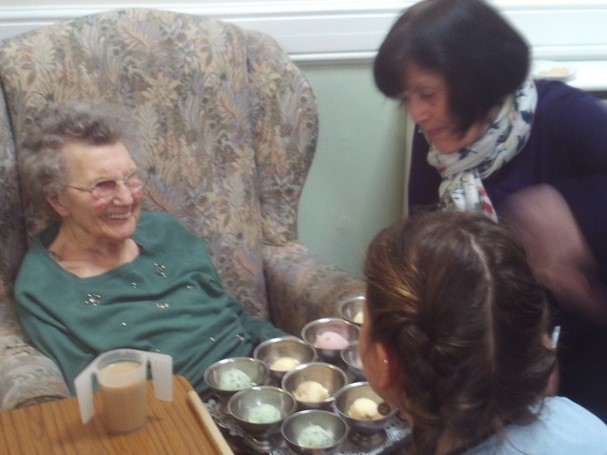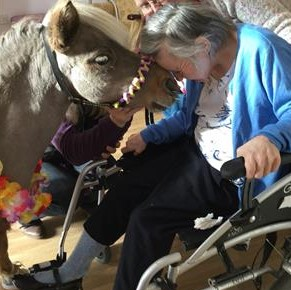The simple truth is that in most cases you don’t need to be particularly wealthy before you become responsible for funding your own care. It is wise for everybody to think about this eventuality in advance and have a plan for how care would be funded if necessary.
If you have assets (including your home, savings, shares etc) and income (including pensions and benefits) worth more than £23,250 you will be a self-funder and expected to pay for all of your care. In the case of residential care this can be several thousand pounds per month.
If your assets fall below this level, and you have been formally assessed as needing care, the local authority will become responsible for funding some of your care. If your assets fall below £14,250 the local authority will be responsible for funding all of your care.
The above thresholds apply to England. Different values apply for Scotland, Wales and Northern Ireland.
You should also bear in mind that the contributions from local authorities may not cover the full costs of your preferred care home.
Exceptions
If your spouse or civil partner will continue living in your property after you go into residential care the property will not be counted among your assets. The property value may also not be counted if the home remains occupied by a close relative over the age of 60, a dependent child or a relative who is disabled or incapacitated.
Deferred Payment
For many people their home is their single largest asset and will ultimately fund their care. Local authorities are obliged to offer deferred payment. This means that they will take over immediate responsibility for funding care and then recover the cost when your property is sold, which may be after your death.
Some people choose to use an equity release scheme or to use the value of their home to fund an insurance or endowment scheme to pay for their care. You should always take professional financial advice before choosing these options.
Care Cost Cap
From 2020 the total amount any individual is expected to pay towards their care will be capped. The precise arrangements are not clear but the figure being discussed is £72,000. However, this only covers ‘defined care’ and not accommodation or living costs. Costs incurred before the cap is implemented will also not count. The implementation of the cap may make little practical difference for many people.
There are not many opportunities to limit your liability for care costs. You cannot simply give your assets away, for example. But it can reduce a great deal of anxiety if you know what your options are and have thought through what you are going to do.
We recommend you take professional advice from a specialist law firm if you are thinking about self-funding your care.


































